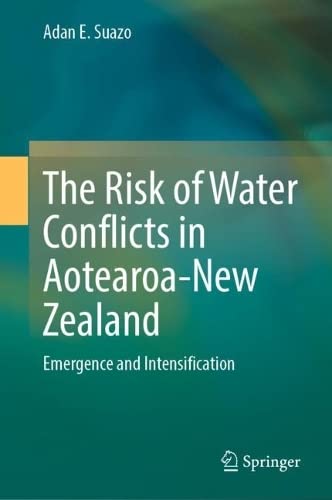
The Risk of Water Conflicts in Aotearoa-New Zealand PDF
Preview The Risk of Water Conflicts in Aotearoa-New Zealand
This book focuses on water disputes in New Zealand: a country where such conflicts are assumed to be non-existing. Rarely are water disputes examined in areas where water resources abound, and where the political framework that governs their access and use is strong.
Environmental security literature has devoted a significant amount of attention to the nexus between resource abundance and conflict. Important research has assessed this relationship by focusing on non-renewable resource wealth as a causal determinant of conflict, but little is known about the conditions that influence the emergence and intensification of conflict in water abundant environments. By most accounts, New Zealand is one of the most water-rich countries in the world. Even though violent conflict over water does not normally materialize in New Zealand, conflicts and incompatible claims motivated by water bottling, the growth of some types of agriculture, tourism, and water treatment strategies, continue to surface. Little, however, is known about how and why these conflicts emerge and intensify in a country such as New Zealand.
